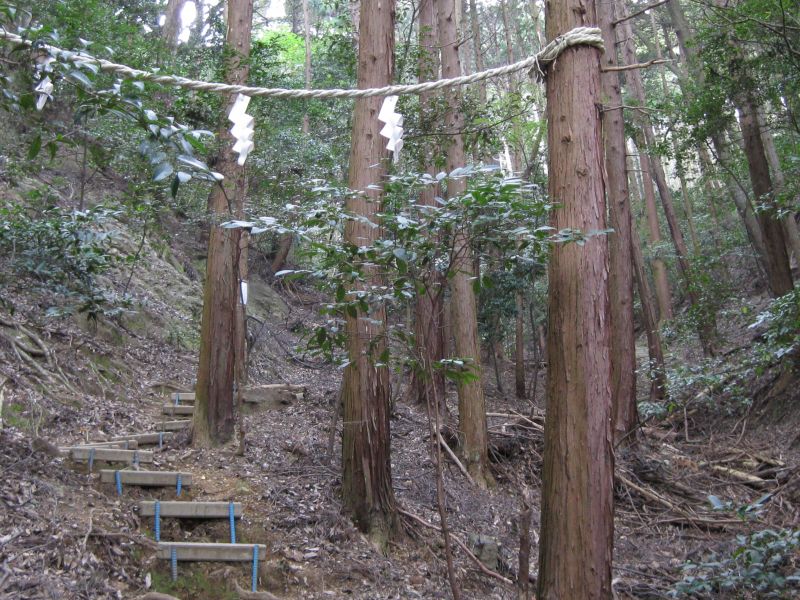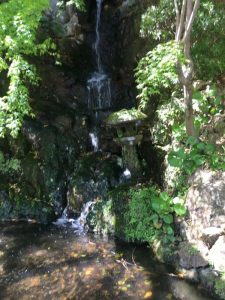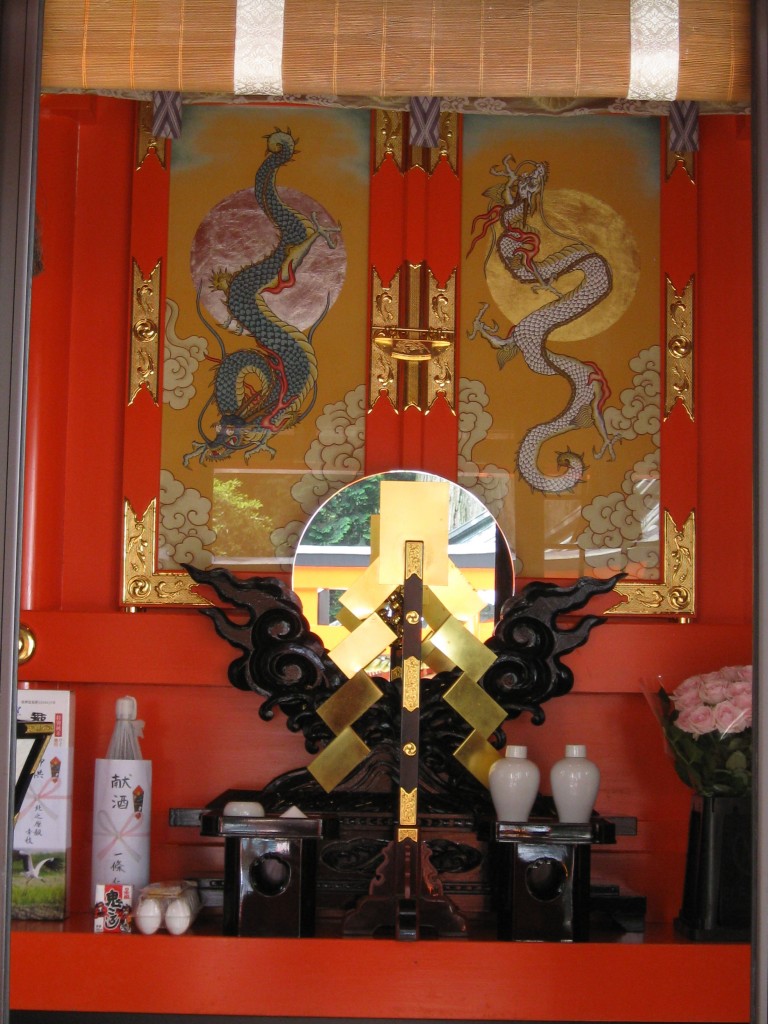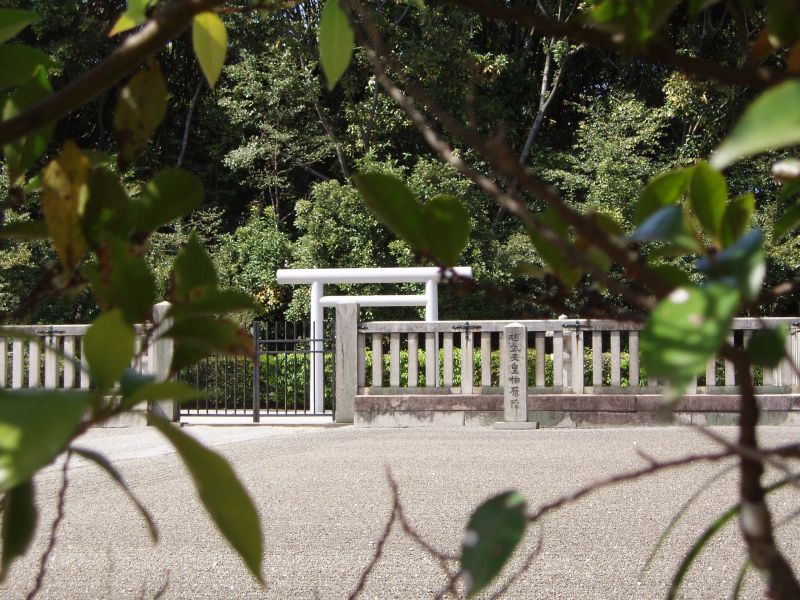 The great hope of Green Shinto, as for many progressive thinkers throughout the Western world, is that we can somehow recapture a proper relationship to nature, based on reverence and communion rather than exploitation. A recent article on the subject by the Brainpickings website articulated this in compelling terms. It is these kinds of sentiments that inspire such affection for Shinto’s animistic roots and its reverence of nature.
The great hope of Green Shinto, as for many progressive thinkers throughout the Western world, is that we can somehow recapture a proper relationship to nature, based on reverence and communion rather than exploitation. A recent article on the subject by the Brainpickings website articulated this in compelling terms. It is these kinds of sentiments that inspire such affection for Shinto’s animistic roots and its reverence of nature.
In the following passage, author Maria Popova writes about a personal topography of US national parks by Terry Tempest Williams in a 2017 book entitled The Hour of Land. (Photos by John Dougill)
************
 “We cope with [the] awareness of our smallness and finitude by grasping for control and domination of the expansive natural world that lies beyond us. Decades after the theologian Thomas Merton wrote that we suffer from a civilizational sickness leading us to believe that “in order to ‘survive’ we instinctively destroy that on which our survival depends,” Williams writes:
“We cope with [the] awareness of our smallness and finitude by grasping for control and domination of the expansive natural world that lies beyond us. Decades after the theologian Thomas Merton wrote that we suffer from a civilizational sickness leading us to believe that “in order to ‘survive’ we instinctively destroy that on which our survival depends,” Williams writes:
The irony of our existence is this: We are infinitesimal in the grand scheme of evolution, a tiny organism on Earth. And yet, personally, collectively, we are changing the planet through our voracity, the velocity of our reach, our desires, our ambitions, and our appetites. We multiply, our hunger multiplies, and our insatiable craving accelerates.
Consumption is a progressive disease.
We believe in more, more possessions, more power, more war. Anywhere, everywhere our advance of aggression continues.
My aggression toward myself is the first war.
Wilderness is an antidote to the war within ourselves.

Wilderness reflects the conflict within ourselves
A century and a half after Thoreau celebrated nature as a form of prayer, Williams adds:
How do we find our way back to a world interrelated and interconnected, whose priority is to thrive and evolve? What kind of belief systems are emerging now that reinforce and contribute to a world increasingly disconnected from nature? And what about the belief — my belief — in all that is wild?
I return to the wilderness to remember what I have forgotten, that the world can be wholesome and beautiful, that the harmony and integrity of ecosystems at peace is a mirror to what we have lost.
Williams considers the questions facing us — as individuals, as a nation, as a civilization — and the decisions we are called to make in the name of wholeness, beauty, harmony, and all that makes our Pale Blue Dot such a precious improbability of cosmic chance:
We are at a crossroads. We can continue on the path we have been on, in this nation that privileges profit over people and land; or we can unite as citizens with a common cause — the health and wealth of the Earth that sustains us. If we cannot commit to this kind of fundamental shift in our relationship to people and place, then democracy becomes another myth perpetuated by those in power who care only about themselves.
The time has come for acts of reverence and restraint on behalf of the Earth. We have arrived at the Hour of Land.

Burial mounds show the intimate connection of nature and human nature

Leave a Reply